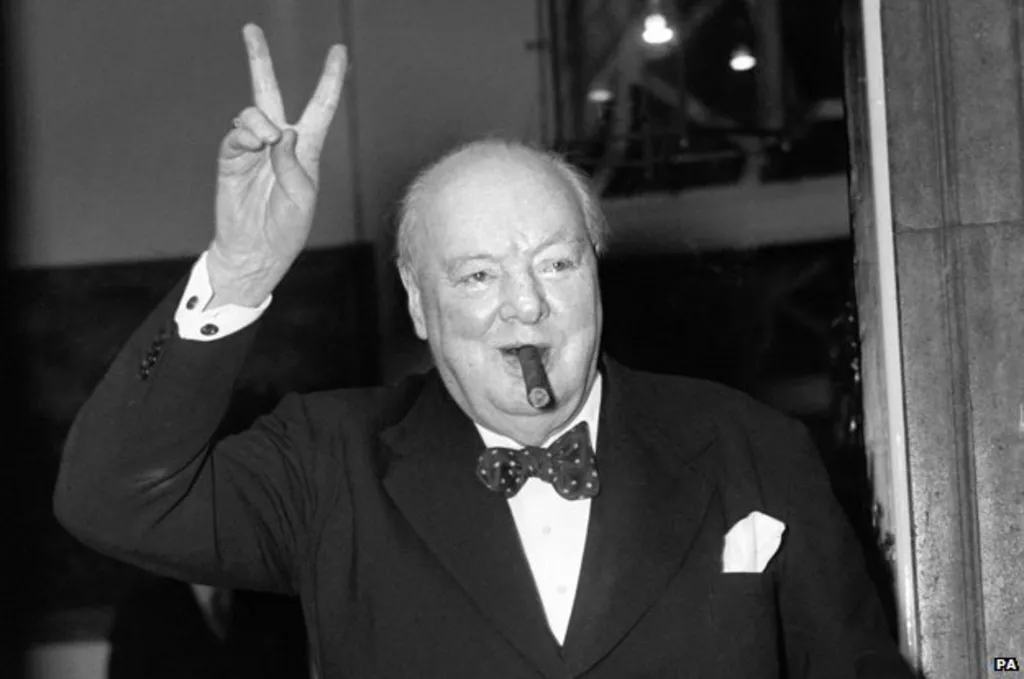Churchill's Agency

One of my favorite biographies I’ve read is Candice Millard’s Hero of the Empire – an excellent biography of a young Winston Churchill. When I picked it, I was curious about what ingredients led to the man who became one of Britain’s most successful leader during dire times. And boy, I wasn’t disappointed.
Churchill has obviously been known for his powerful oration skills – “He talks brilliantly, in a full clear voice, and with great assurance.” a journalist would write of a young Churchill. But the skill that made him stand out was his agency.
What is agency?
I like Shreyas’s definition here –
“High Agency is about finding a way to get what you want, without waiting for conditions to be perfect or otherwise blaming the circumstances. High Agency People either push through in the face of adverse conditions or manage to reverse the adverse conditions to achieve goals”
Emphasis on 1) “without waiting for conditions to be perfect,” and 2) “push through in the face of adverse conditions”. Here are two illustrations of high-agency from a young Winston Churchill:
Grey pony
Churchill at age 23 was full of ambition. In one of his letters to his mom, he wrote that “I am meant to do great things.” His goal? To develop recognition, success and fame to open up doors to be a high-ranking politician. Churchill knew that the surest and quickest route was a military medal. And he didn’t want to wait to get that opportunity - he would do anything.
In September of 1897, Churchill flung himself into the war with the Pashtun tribe. The Pashtun tribe was the most feared tribal group in Afghanistan and they had dominated the entire area of the Hindu Kush - a 500 mile mountain system that separated central and south Asia.
The British were in unfamiliar territory and were getting battered by Pashtun warriors that were excellent at both long range shooting and hand-hand combat. So how did Churchill decide to push through adverse conditions? He picked a grey pony and rode it across the fields that made him impossible to miss for the Pashtuns. Candice writes
His plan, he would later tell his brother, was to ride “about trying to attract attention when things looked a little dangerous,” hoping that his “good grey pony” would catch someone’s eye. Although it was much more likely to catch the eye of a Pashtun tribesman who would kill him before anyone had an opportunity to admire his courage, Churchill was willing to take that chance.
Foolish? Perhaps. But you can’t deny his willingness to take action. In adverse conditions, Churchill doubled down his efforts in the hopes of gaining credibility and reputation - traits he wanted to be known for - regardless of the circumstances.
Adventures are slipping away
Another excerpt from the book that stood out to me was Churchill’s impatience with comfort in prison.
In late 1899, during the Second Boer War, Winston Churchill was captured by Boer forces after a train he was traveling on was ambushed. He was taken to Pretoria and imprisoned in the Staats Model School, which had been converted into a military prison. This was a safe and comfortable setting for a young Churchill - bed, food and books. But Churchill felt trapped - in one of his letters to Bourke Cockran, an American politician who was an old friend of Churchill’s mother, he wrote -
The war is going on, great events are in progress, fine opportunities for action and adventure are slipping away… I am 25 today, it is terrible to think how little time remains.
Very few 25 year olds think about how time is slipping away to do great things - Churchill was one of them.
Want to add a quick comment? (optional)